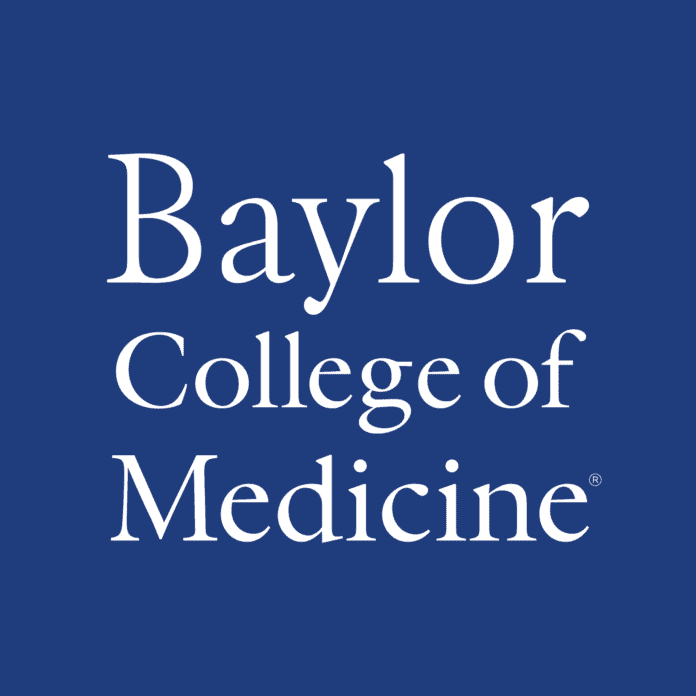HOUSTON – (April 2, 2020) – Baylor College of Medicine is enrolling participants in a treatment trial for adult patients with a COVID-19 diagnosis who are hospitalized at either Baylor St. Luke’s Medical Center or Harris Health System’s Ben Taub Hospital. The trial is sponsored by the National Institute of Allergy and Infectious Diseases, part of the National Institutes of Health.
The study will evaluate the safety and efficacy of novel therapeutic agents, the first of which is the experimental antiviral drug remdesivir.
Participants in the trial must have laboratory-confirmed SARS-CoV-2 infection and evidence of pneumonia, such as abnormal chest X-rays, rattling sounds when breathing and a need for supplemental oxygen or illness requiring mechanical ventilation. Individuals with confirmed infection who have mild, cold-like symptoms or no apparent symptoms will not be included in the study.
Over the course of the study, the experimental treatment will initially be compared to a placebo. There will be interim monitoring of results so researchers can determine if the treatment is effective, if it is safe or if other experimental treatments should be added as they become available. If one therapy proves to have positive results, then this treatment will then become the standard for comparisons with new experimental treatments.
Dr. Hana El-Sahly, who is an associate professor of molecular virology & microbiology and medicine and the principal investigator for the Vaccine and Treatment Evaluation Unit at Baylor College of Medicine, is the principal investigator for the Baylor site.
Participants will receive placebo or remdesivir intravenously for up to 10 days total. The placebo is given in equal volume in a solution that resembles remdesivir but contains only inactive ingredients.
Clinicians will regularly monitor participants and will assign them daily scores based on a predefined scale of clinical outcomes that considers factors such as temperature, blood pressure and use of supplemental oxygen, among others. Participants also will be asked to provide blood samples and throat swabs. Researchers will test these specimens for SARS-CoV-2 and for the body’s response to the infection.
Initially, investigators will compare participant outcomes on day 15 in both the remdesivir group and the placebo group to see if the investigational drug increased clinical benefit compared to placebo. Outcomes are scored on an eight-point scale ranging from fully recovered to death. Investigators will reevaluate this scale after reviewing data from the first 100 participants.
An independent Data and Safety Monitoring Board (DSMB) will monitor ongoing results to ensure patient well-being and safety as well as study integrity. The DSMB will recommend that the study be halted if there is clear and substantial evidence of a treatment difference between drug and placebo.
The co-investigators of the trial at Baylor include Drs. Robert Atmar, Jennifer Whitaker, Wendy Keitel, and Marion Hemmersbach Miller.















